TEHRAN(Bazaar) –Marc Finaud, Associate Fellow at the GCSP at the Geneva Centre for Security Policy (GCSP), says the EU has spent a lot of efforts to mediate between Iran and the US for a compromise on the revival of the JCPOA.
He adds that “It considers that the Vienna talks were a lost opportunity. But, like the Biden administration, it is convinced that restoring the JCPOA would be in the interest of all, including all countries in the Middle East. At the same time, it is conscious of the current difficulties that would make any resumption of the talks in the near future look like business as usual.”
Following is the full text of interview:
Q: In the midst of the Gaza war, Antony Blinken, the US Secretary of State announced that withdrawing from the JCPOA was a mistake because it had resolved one of the security issues with Iran. What is your assessment of his words at this time?
A: It is indeed an interesting admission. Of course, the Biden administration has always blamed Trump for the withdrawal and committed to return to the agreement within a negotiated sequence. But it made the mistake of stopping short of concluding the Vienna talks when it had a window of opportunity before the war in Ukraine and the protests in Iran. This statement shows that, despite the current obstacles, the US seems intent on restoring the JCPOA when circumstances are more favourable because it understands that there is no credible alternative to ensure that Iran's nuclear programme remains peaceful.
Q: Josep Burrell, the head of foreign policy of the European Union, also announced after the Gaza war, said “The time for negotiations to revive the JCPOA is coming to an end and it is important to resume these negotiations. I understand how important these negotiations are for the region, especially Saudi Arabia.” How do you evaluate his words? Does it mean an attempt to immediately resume negotiations?
A: The EU has spent a lot of efforts to mediate between Iran and the US for a compromise on the revival of the JCPOA. It considers that the Vienna talks were a lost opportunity. But, like the Biden administration, it is convinced that restoring the JCPOA would be in the interest of all, including all countries in the Middle East. At the same time, it is conscious of the current difficulties that would make any resumption of the talks in the near future look like business as usual.
Q: Burrell also said, “Although the countries of the region and Saudi Arabia are not directly at the negotiating table, their concerns will be taken into consideration.” It seems that this is a new issue. Before this, the Arab countries demanded direct participation in the negotiations, which was met with opposition. Has something new happened? Doesn't this make the negotiation process more difficult?
A: The EU, which was at the origin of the negotiations that led to the JCPOA, realized that the format of the talks was conducive to an agreement because it allowed to focus on the Iran nuclear programme. The risk of enlarging the talks would have been to introduce other issues that would have made a deal more difficult to reach. But in the current context, it is clear that many aspects of the JCPOA (such as the "right" to enrich uranium) as well as so-called parallel issues (missile and drone programmes, proxy wars, etc.) would be better addressed in a regional context. This is why the EU is supporting the UN General Assembly Conference on a Zone free of nuclear weapons and other weapons of mass destruction taking place each November in New York, and where those issues can be discussed despite the boycott by Israel and the United States.
Q: After the Gaza war, the spokesperson of the Iranian Foreign Ministry also said “The subject of the negotiations is open within the defined framework and within the framework of the Sultan of Oman's initiative. Naturally, the situation and issue of Palestine, which has displaced regional and international priorities, can overshadow some issues or create priority and delay.” What is your assessment of these words?
A: This is a realistic appraisal of the situation: Iran recognizes that a revival of the JCPOA would be in its interest, be it only because it would lead to sanctions relief, and this is why it took part in talks mediated by Oman. At the same time, Iran realizes that the current situation does not allow the appearance of normalization with the US or the West, under harsh criticism for their support to Israel.
Q: According to the words of the officials of both sides of the JCPOA, is it possible to start negotiations in the next few months?
A: It will very much depend on the development of the conflict between Hamas and Israel and its aftermath. But, unfortunately, it seems unlikely that return to a more favourable context for public meetings and negotiations occurs any time soon. This does not necessarily mean that all forms of communication, including through mediators such as the EU or Oman, will stop. In particular, it is in the interest of both Iran and the US to prevent any escalation of the current conflict into a regional war.

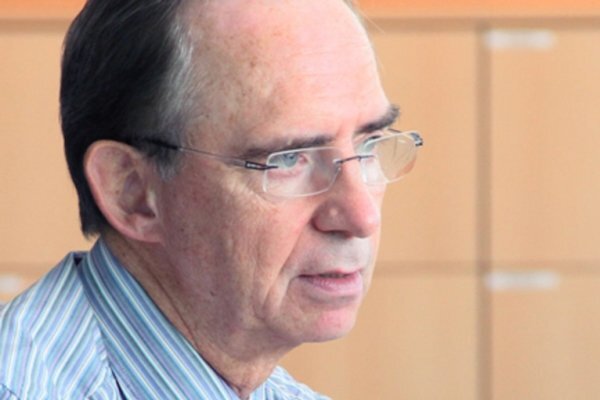




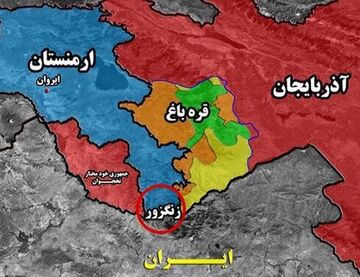

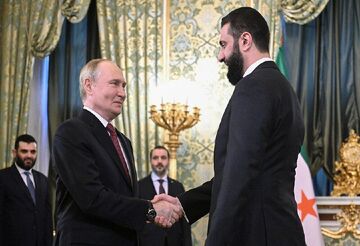


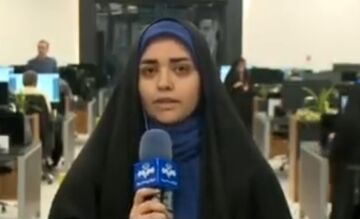
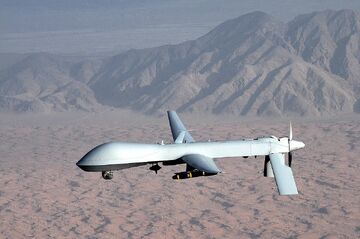
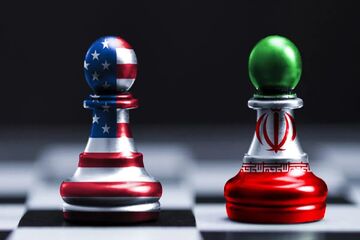

نظر شما